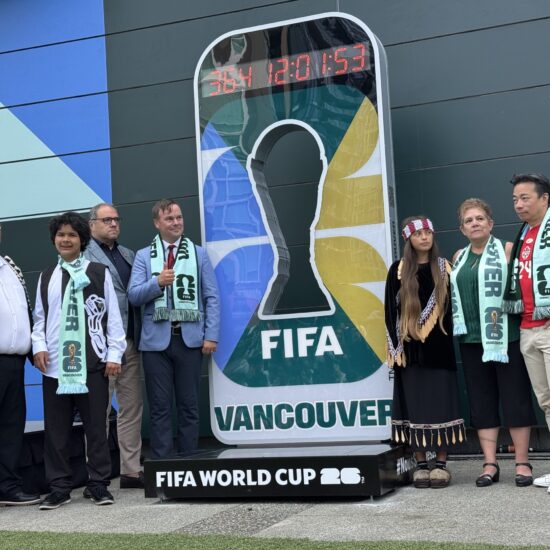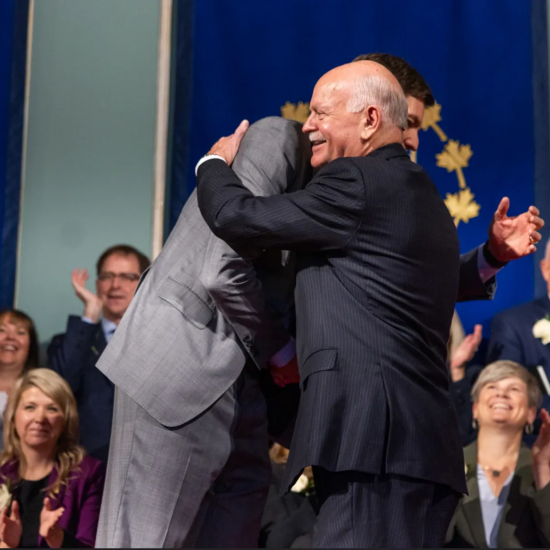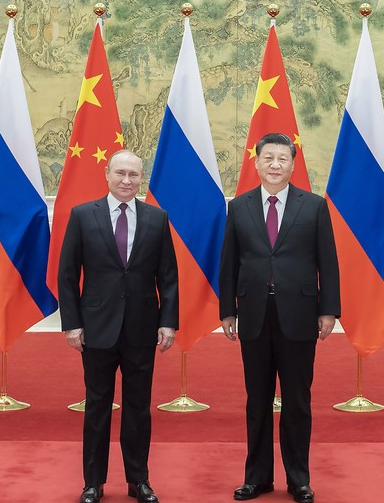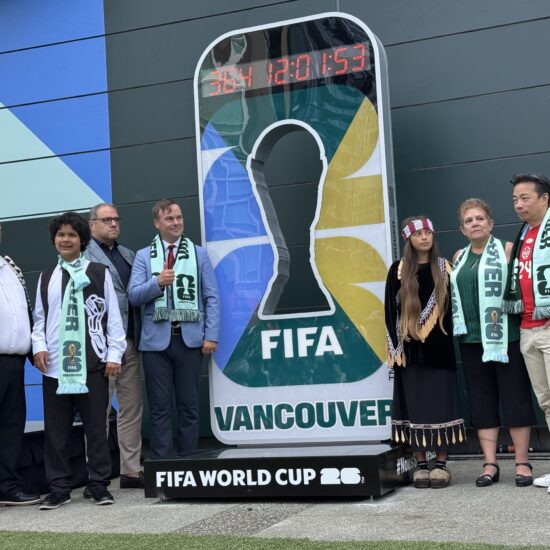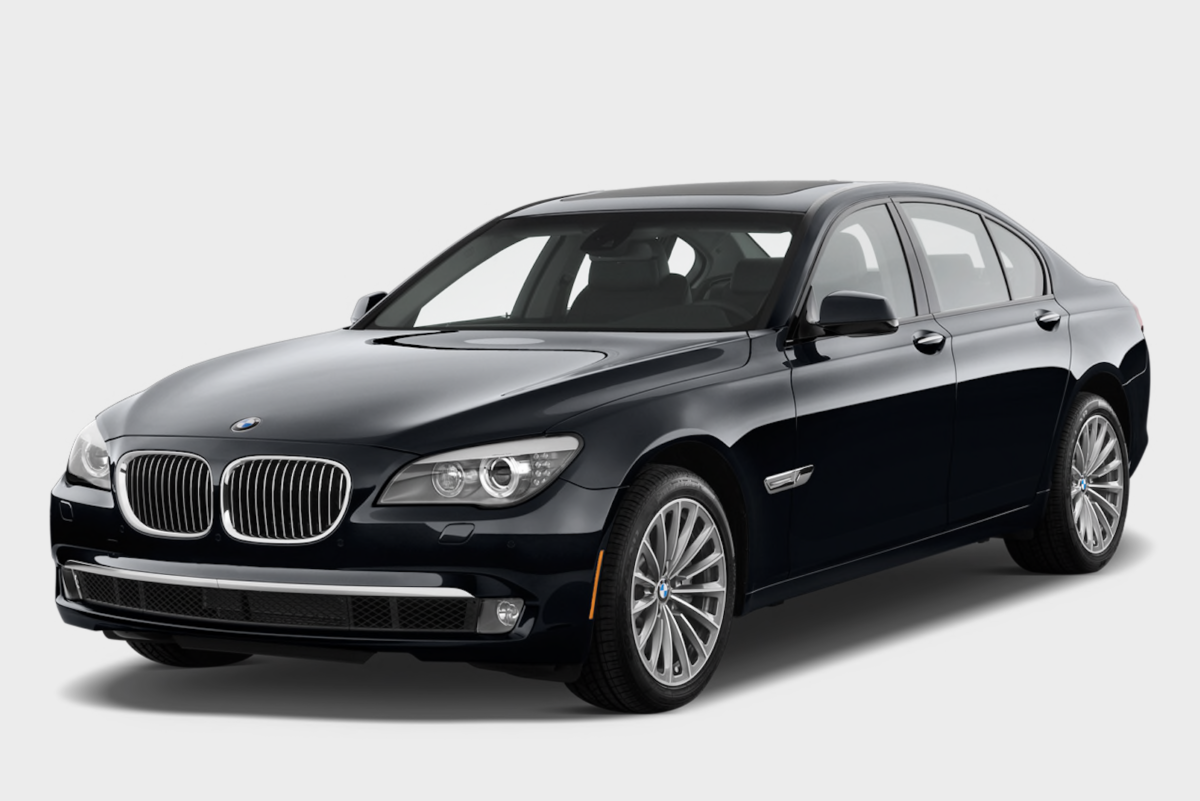
Bob Mackin
A Lower Mainland real estate investor, whose company supplied steel to the Beijing 2008 Olympics, failed to convince a B.C. Supreme Court judge who was responsible for losing the BMW she bought and sent to China more than eight years ago.
“While Ms. [Shu E.] Liu has clearly suffered a significant loss, she has unfortunately failed to establish on a balance of probabilities the facts necessary to support her claims that the defendants are responsible for that loss,” according to Justice Christopher Grauer’s Dec. 3 verdict.
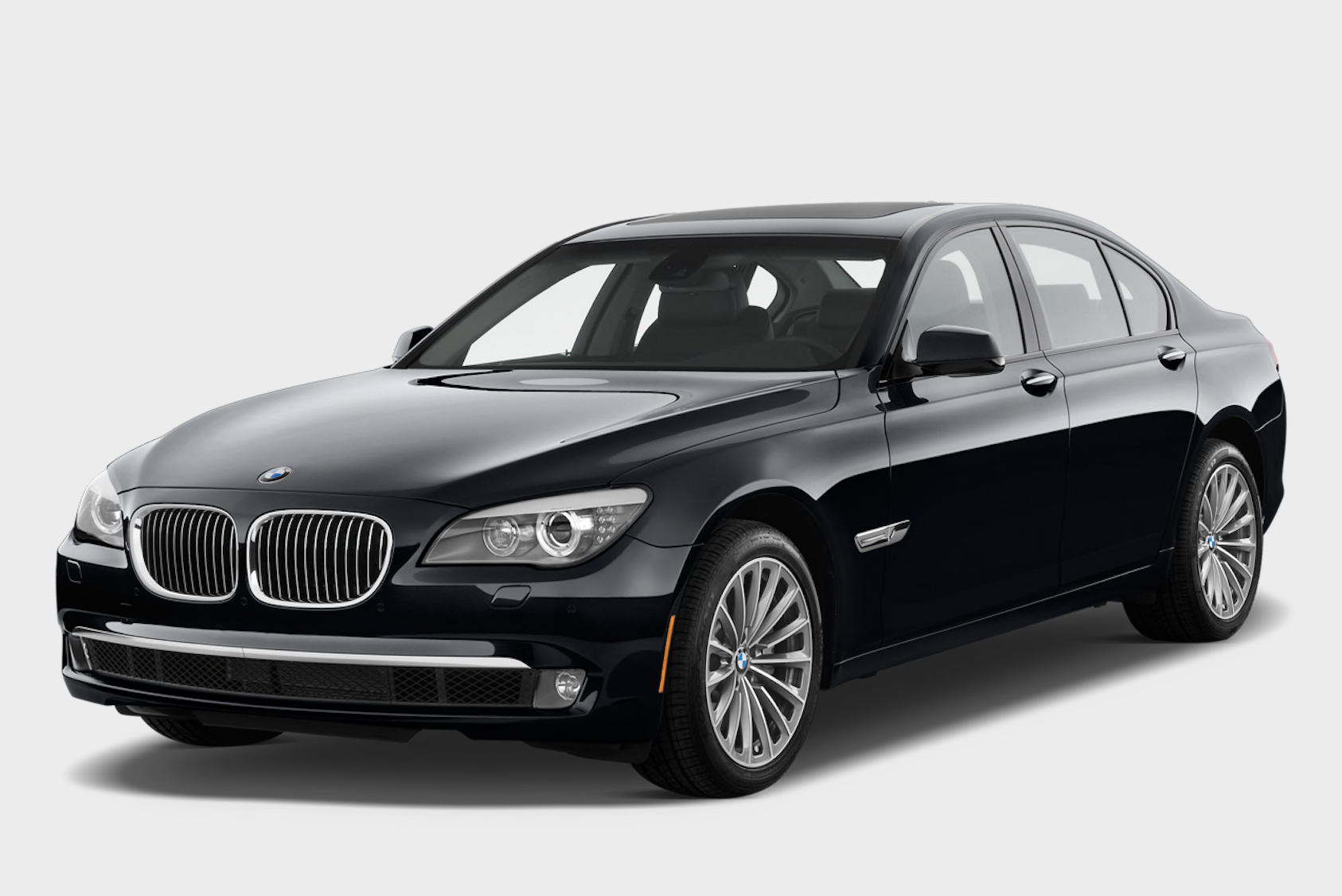
Liu ordered a 2009 BMW like the one pictured. (MotorTrend)
All of Liu’s claims were dismissed against defendants Westport Motor Cars, Wei Chu and Linsong Chen, after a 16-day trial last spring.
It started with an ad in a Chinese-language newspaper in Richmond, offering help to send vehicles from Canada to China. Liu’s then-husband, Bing “Tony” Guo, looked into it for her.
Liu eventually bought what was described as a gently used BMW 750Li for $240,000 (including shipping, customs and taxes) and sent it to China for her family to drive. Westport Motor Cars Ltd. found the vehicle in Missouri and arranged for it to be sent to Long Beach, Calif. and loaded onto a freighter bound for Guangzhou, China.
“That [price] seems to be quite a lot, but I am told this is rather less than it would cost to buy an equivalent vehicle there,” Grauer wrote. “It did not, however, go well.”
Liu claimed she, directly and through Guo, made an oral contract with Westport for a $20,000 deposit and $80,000 payment for the car, and that Westport undertook to supply the vehicle, ship it to China, and arrange importation, customs clearance, licensing and delivery to Liu’s Chinese home.
Grauer said evidence was clear that Westport agreed to secure the vehicle she chose, deliver it to Long Beach, recondition the car and arrange for its shipping to the Huangpu port.
“Did Westport also agree to arrange for the vehicle’s importation into China, licensing and delivery to Ms. Liu at her home in China? I am unable to find that it did.”
Liu’s BMW was among several used imported vehicles that were impounded and confiscated by the Chinese government after arrival in Guangzhou on Sept. 10, 2010. Liu, who does not drive, got nothing for her money.
“All parties deny having anything to do with that, and the documentation is remarkably sparse. It is a mystery.”
Liu alleged that Westport, its representative, Linsong Chen, and Wei “Steven” Chu, who was involved in the importation, were responsible. The defendants claimed that Liu and Guo arranged importation on their own.
Liu, 66, immigrated to Canada in 2006 and transferred her business interests to her adult children after she arrived. She continued to visit China frequently, “where she has several automobiles, including a Bentley and a Porsche. But she had a particular fondness for big BMWs, in which she could be comfortably driven.”
In the verdict, she is described as a Lower Mainland real estate investor with her friend, Yong Hong “Juliette” Zhang.
“When things went wrong in China, Ms. Liu sought the assistance of her cousin, Xusheng Liu, a retired judge of the enforcement division of the Intermediate People’s Court of Laizhou City in Shandong Province.”
Westport owner Todd Macdonald and salesman Cornelis Bobeldijk testified, but it was Linsong Chen, “the only Mandarin-speaker, who dealt directly with Ms. Liu and Guo. Ms. Liu and Mr. Guo maintain that Mr. Chen made a number of representations on behalf of Westport upon which they relied.”
Chu, who became a defendant in November 2016, had successfully imported into China a used Porsche Cayenne that he purchased from Westport in 2007. In 2010, he assisted Liu in paying the equivalent of $130,000 in Chinese customs and import duties for her BMW.
Grauer wrote that much of the evidence is missing, including documents about the BMW that were contained in a safe stolen from Liu’s home in 2014. Westport closed in early 2012 and did not keep email records after its web domain expired in 2014.
Xusheng Liu investigated what happened to Liu’s BMW in China, and corresponded with another man named Chu. Xusheng Liu said his computer crashed and he could only restore emails that he had sent.
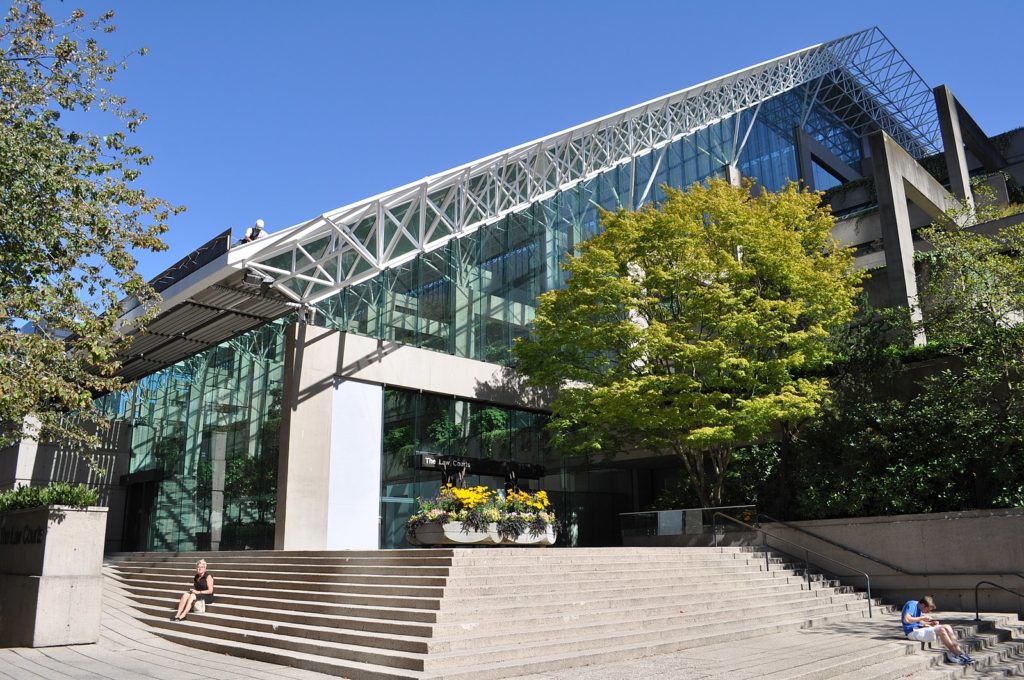
Law Courts Vancouver (Joe Mabel)
“He has no record of emails he received (not even as part of the chain leading to his reply), a fact the defendants say is highly suspicious.”
Chu produced many bank records, but not all relevant ones. Many documents were translated from Chinese to English more than once by different translators, with different results, Grauer wrote.
Xusheng Liu discovered that the Intermediate People’s Court of Jinhua City, Zhejiang Province, convicted eight Han Chinese (all of whom had confessed their guilt) for smuggling items banned for import and export on Dec. 5, 2012. A used BMW 750 with the same vehicle identification number as Liu’s was among the vehicles seized.
Lawyers for Westport failed to have the Jinhua City court judgment deemed inadmissible; Grauer admitted it for proof of the seizure, but not as proof of the truth of findings.
Importation of used vehicles is generally banned in China, with some exceptions for foreigners working in China.
Chu, who became a lawyer in China in 1992, had his studies at Northwestern University in Illinois sponsored by a Chinese state-owned metals company. He passed the New York bar exam in 1998 and came to Canada two years later.
“As Mr. Chu explained it, the president of that company, through the overarching Chinese Communist Party National Asset Management Committee, was close to the president of another state-owned company in Tianjin who had a relative in Tianjin Customs. Through their companies, both presidents wished to buy some luxury automobiles to bring into China, and, as the heads of state-owned enterprises, apparently did not need to worry about import regulations.”
When Chu imported the Porsche Cayenne, the car arrived in Tianjin and became subject to supervision for a year while it remained in the name of another person. Grauer explained that supervision was intended to discourage importation of used cars for resale, as opposed to personal use. After one year, it was transferred into Chu’s name.
“From what I can piece together, a similar process was followed (or at least was intended) for Ms. Liu’s BMW.”
Generally, China does not allow the importation of used cars. An exception applied until July 2010 for resident staff in Chinese offices of overseas companies or overseas Chinese who are long-term, but temporary. Afterward, importation was only allowed for government representatives, high-level personnel and specially invited experts, Grauer wrote.
When Liu’s BMW was shipped to China, the customs document was issued by Yiwu Customs in the name of a Pakistani national named Mr. Ali from Youni International Trading. When it arrived, Huangpu Customs issued an invoice in the name of Ali, ultimately paid through Chu, for the equivalent of $140,000.
The Jinhua City judgment states that, according to confessions, 124 approval forms were obtained from Yiwu Customs under false pretences purporting to be issued to the representatives of foreign businesses, including Youni International Trading.
“Xusheng Liu testified that notices were subsequently issued advertising auctions of the seized vehicles on behalf of the People’s Procuratorate of Jinhua. He said that he saw a BMW 750, black with an orange interior (matching Ms. Liu’s description), in the auction yard. He did not know the VIN. He thought that the vehicle was sold for parts, although the evidence of its ultimate fate is unclear.”
Grauer ruled, on balance of probabilities, that Liu’s BMW had been seized and disposed by customs.
“Whether it was sold for parts, or currently graces the garage of someone in China not related to Ms. Liu, does not really matter. I am satisfied that it did not find its way to Ms. Liu.”
City of Richmond records indicate that a person named Shu E. Liu was the owner of a house on Lancing Road that was cited for an illegal suite in September 2011.
In 2016, when the house was under different owners, the Vancouver Sun reported it was used as a “baby hotel” for pregnant women from China and Richmond bylaw inspectors later shut down an illegal hostel for tourists.
Support theBreaker.news for as low as $2 a month on Patreon. Find out how. Click here.








